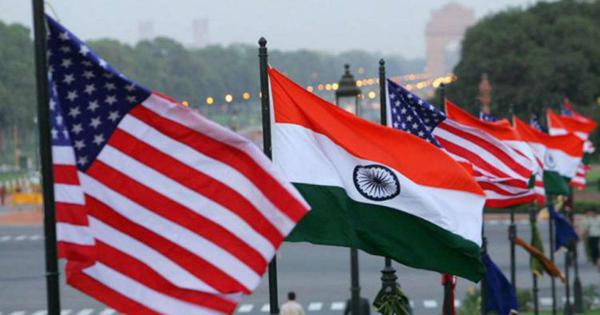Embassy cites ongoing crackdown on drug trafficking amid heightened security measures for Indian executives.
The United States embassy in Delhi announced on Thursday that it had revoked and denied visas to several Indian business executives and corporate leaders due to their alleged involvement in the trafficking of fentanyl precursors. While the embassy refrained from disclosing the names of the individuals or the companies involved, it emphasized the seriousness of the allegations.
A fentanyl precursor is a chemical compound utilized in the production of fentanyl, a synthetic opioid that has contributed to a significant addiction crisis in the United States. This development follows a broader initiative by the Trump administration to combat the illegal import of such substances, which has been a point of concern in diplomatic discussions, including tariff negotiations with various nations.
According to US Chargé d’affaires Jorgan Andrews, the visa restrictions were enacted under specific sections of the Immigration and Nationality Act. He stated that individuals and organizations implicated in the unlawful production and trafficking of drugs to the United States, along with their families, would face consequences that could include denial of entry into the country. Furthermore, the embassy indicated that it would be flagging executives associated with companies known to have trafficked fentanyl precursors for enhanced scrutiny during future visa applications.
This announcement comes just three days after President Donald Trump identified India, along with Pakistan and China, as part of a list of 23 major drug producing or transit nations. He remarked that these countries pose a threat to the safety of American citizens, highlighting the urgency of addressing the issue of drug trafficking.
The recent visa revocations mark the second instance this year in which the US has imposed visa restrictions on Indian nationals. Earlier in May, the State Department had taken action against owners and senior officials of travel agencies in India that were accused of knowingly facilitating illegal immigration to the United States.
In a related development, the US has also decided to revoke a sanctions waiver for Iran’s Chabahar port, which had previously granted India an exemption in 2018. This waiver, which allows India to maintain operational control over the Shahid Beheshti terminal, is set to expire within ten days. The port is strategically important for India, providing a vital link for regional connectivity and enabling access to Afghanistan and Central Asia, thereby facilitating trade and humanitarian efforts.
The decision to end this waiver is part of Washington’s broader strategy of maximum pressure on Iran and includes the designation of several entities involved in Iran’s oil trade. The developments underline the increasingly complex relationship between the US and India amid ongoing discussions on drug trafficking and geopolitical strategies in the region.








